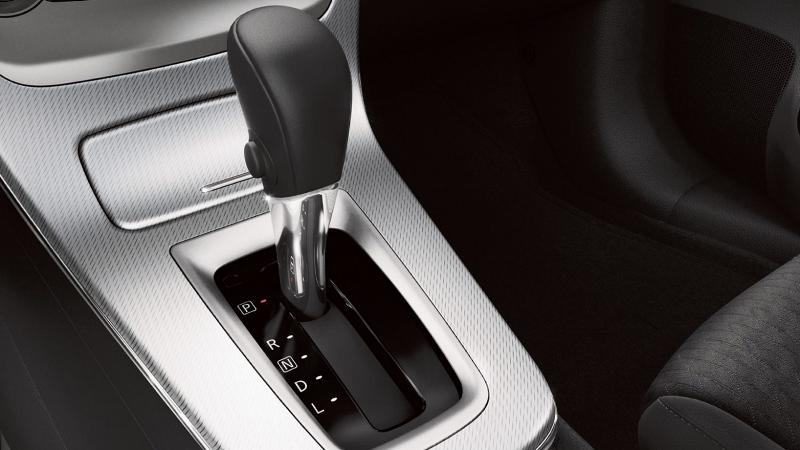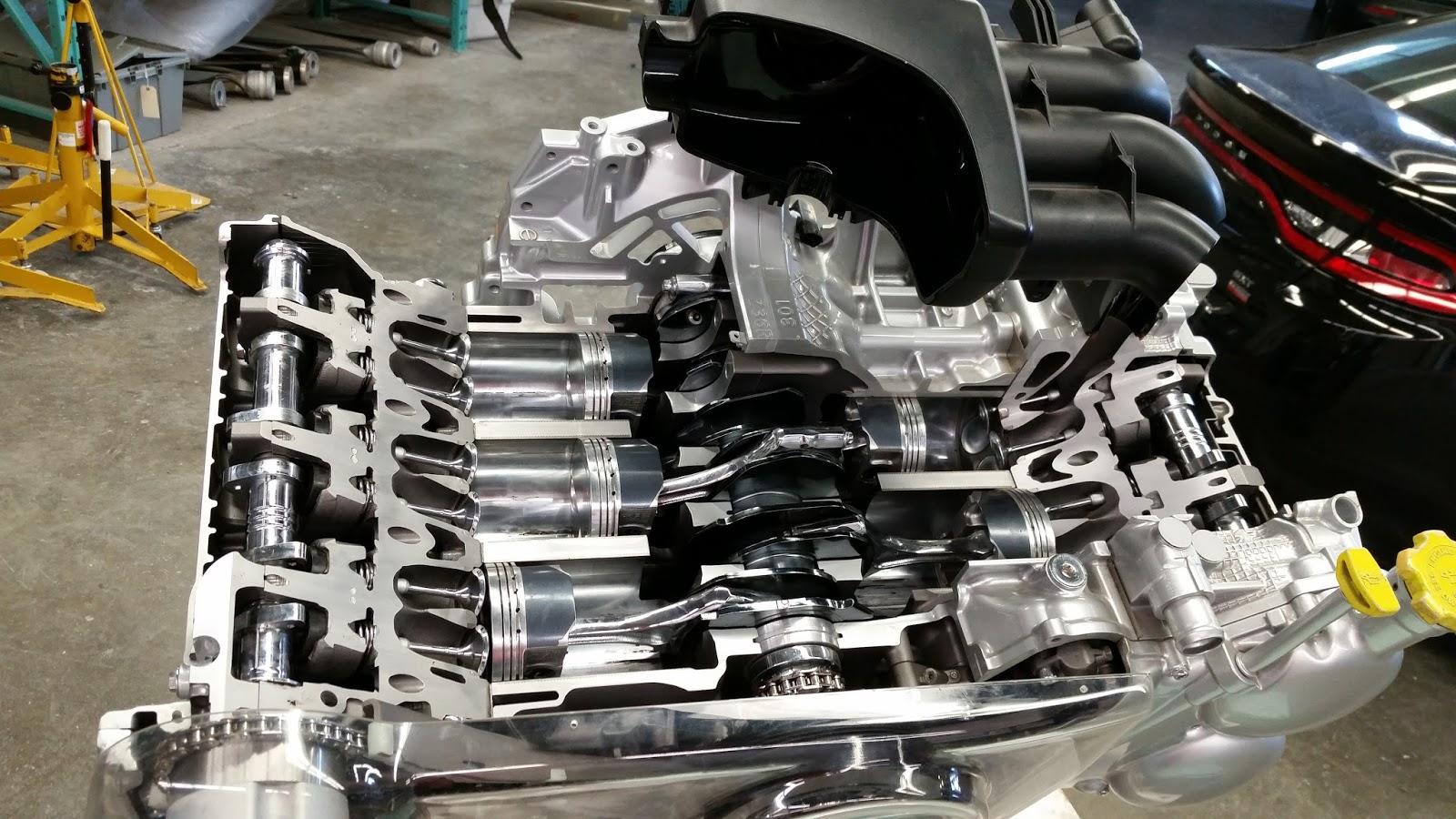Damages Of Leaving Car Outside In Cold Weather
During the winter, each bone in our body shivers to an extent. These icy seasons can harm the automobiles standing out of the home as well. The effect of cold weather on cars can be extremely ruthless. A car engine comprises some exceptionally small parts that will go numb when you start the car again. Leaving car outside in cold weather would never be a good option. The car might not even move from its place after being in the cold weather for a while.
Let us go through the damages that cold weather shows on a vehicle.
What Are The Damages Of Leaving Car Outside In Cold Weather? Know Here
You might not think of the effects that cold weather can have on car performance. The risks of car damage increase when the temperature drops down, and the snowfall starts. An automobile shows numerous problems during the winter.
The list of things to take care of this winter season is as follows:
1. Dead car batteries
The power and capacity of car batteries start to decrease during the winter season. Batteries that have easily crossed some good years perfectly working might not even start during the icy season. Sheltering your car for the period of snowfall would add some more years to the battery life. It will lessen the issues of leaving car outside in cold weather as well.

Read more:
- Tips to Consider when Buying Cold Winter Tires
- FWD & AWD- Which Drive is Better in Winters? Know Here
2. Fluids start to solidify
Numerous fluids are there inside the hood that might start thickening in the winter. This solidification of the fluids makes the supply a little difficult. The fluids cannot move freely inside making it difficult to start the car when required. It is one of the most renowned cold weather car problems.
3. Deflated tire pressure
The car tires start to damage after standing out in the winter for a long. Some cars detect the tire pressure while others do not. The tire pressure decreases speedily when the car is parked out in the icy season. The car might blow out while driving on the road. The low tire pressure can call for mishaps and accidents if not taken care of appropriately.
4. Wipers fail during snowfall
Turning ON wipers in so much snow is quite impossible. The windshield and hoods are covered with snow and one might not be able to drive the car properly as well. Numerous wiper problems start to grow during the winter season. The washer solvent also starts to freeze and puts scratches on the windshield when called to work. Tilting up the wipers during the winter season comes first on expert maintenance tips.
Tips to store your car properly in the winter:
5. Spark plugs fail
Most of the cars won’t even start easily during the winter. It affects the vehicle’s reliability as well. One can easily come across numerous ignition and starting issues in the winter season. A bad or old spark plug will cause a lot of issues while starting the car. Regular maintenance and repair of the automobile might help to the highest degree.

How To Protect Your Car When Parking Outside In Cold Weather?
Parking the car outside in the winter is not a good idea and requires some preventive methods to protect it from potential damage. Let’s deep down into the methods:
1. Using a car cover
Considering a car cover specifically designed for winter weather will be a good idea. A car cover can protect your vehicle from snow, ice, and freezing rain. Make sure the cover fits properly and is secured tightly to prevent it from blowing away.
2. Keep your the fuel tank always full
A full fuel tank helps prevent condensation from forming inside the tank, which can lead to fuel line freeze-up. It also provides extra weight over the rear axle, which can improve traction in slippery conditions.
3. Windshield cover
It’s another method you can use to protect your car from the cold weather. Place a windshield cover or sunshade on your car’s windshield to prevent ice and snow from accumulating on it. This will save you time and effort in the morning when you need to remove the ice or frost.
4. Insulate the battery
Cold temperatures can reduce the efficiency of your car’s battery. Consider using an insulated battery blanket or wrap it with an old blanket or foam insulation to help maintain optimal battery performance.
5. Check your tire pressure
Cold weather can cause a decrease in tire pressure. Make sure your tires are properly inflated to the manufacturer’s recommended levels. This will not only improve traction but also prevent damage to the tires.
6. Use winter-grade fluids
Ensure that your car’s fluids, such as engine oil, coolant, and windshield washer fluid, are designed for cold weather use. Winter-grade fluids have lower freezing points and offer better protection in freezing temperatures.
The Final Words
That’s all! These are the issues that you might have to face after leaving car outside in cold weather. So, make sure to avoid these things to make the long drives safe.














